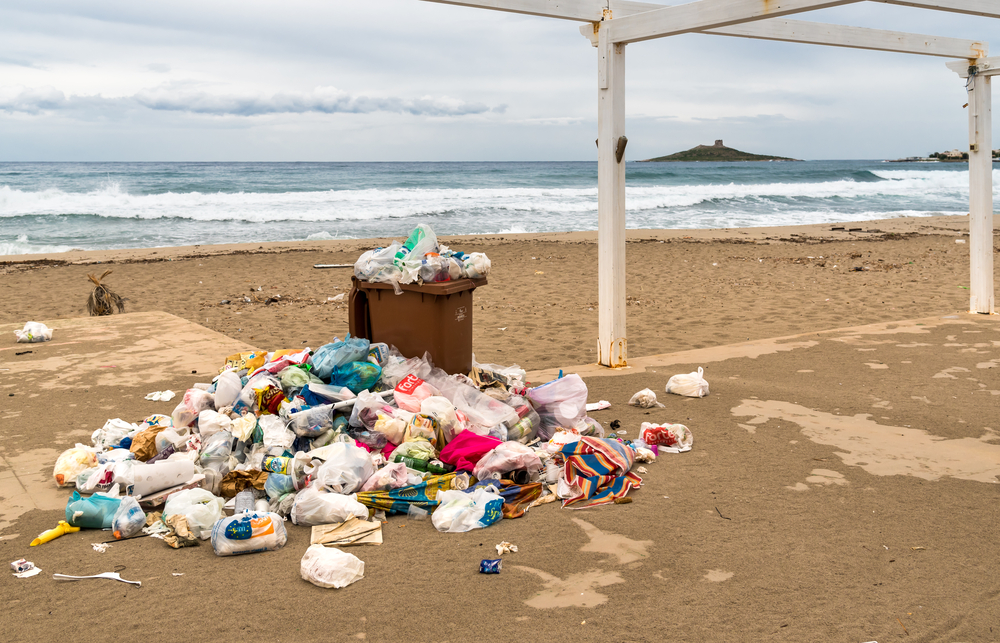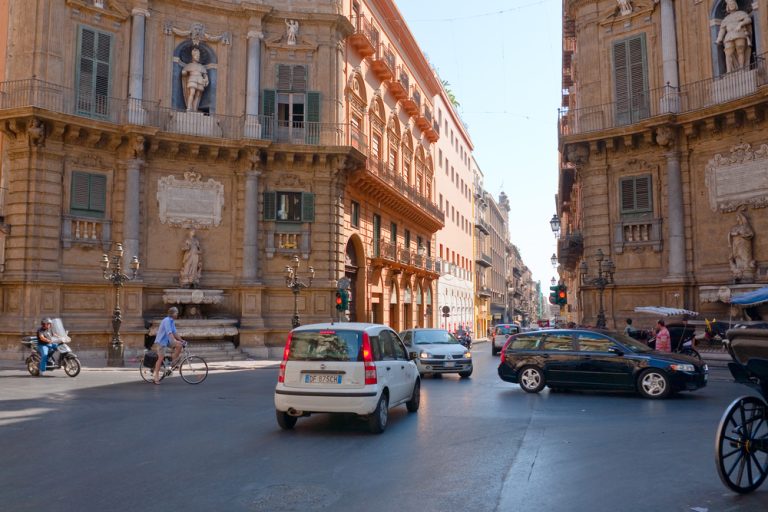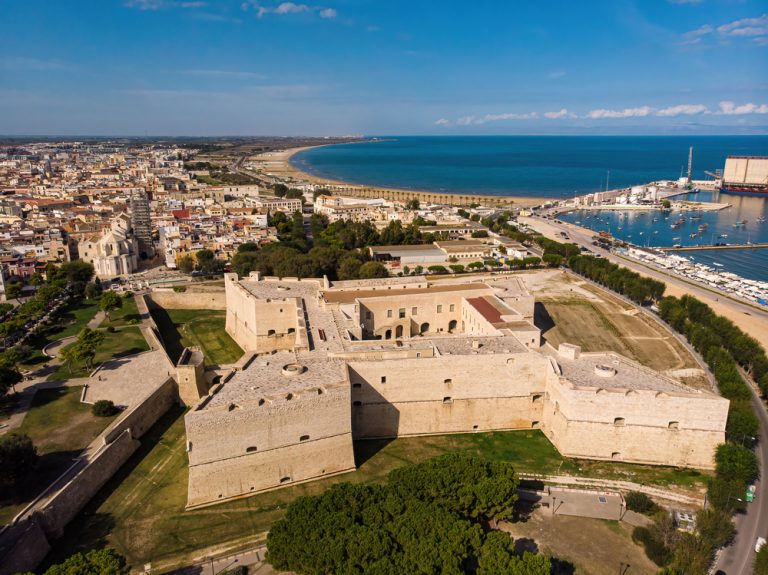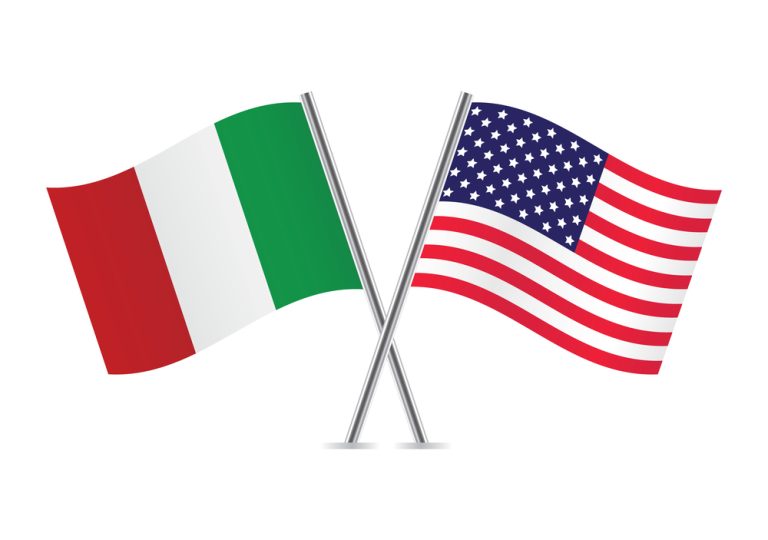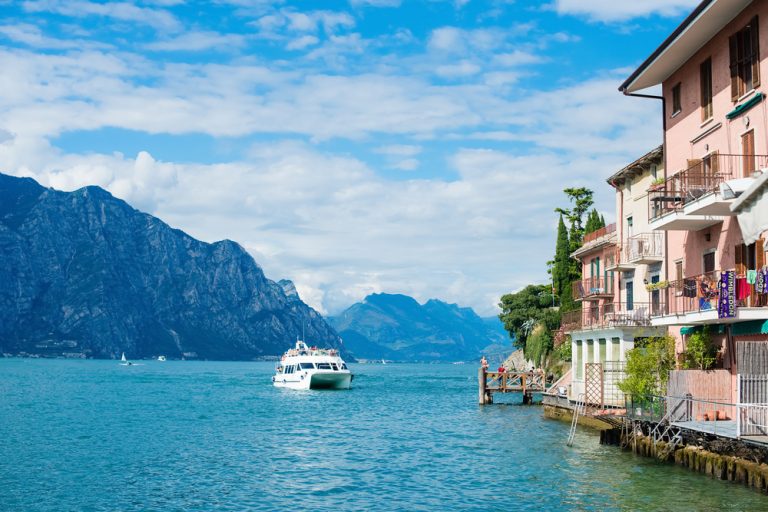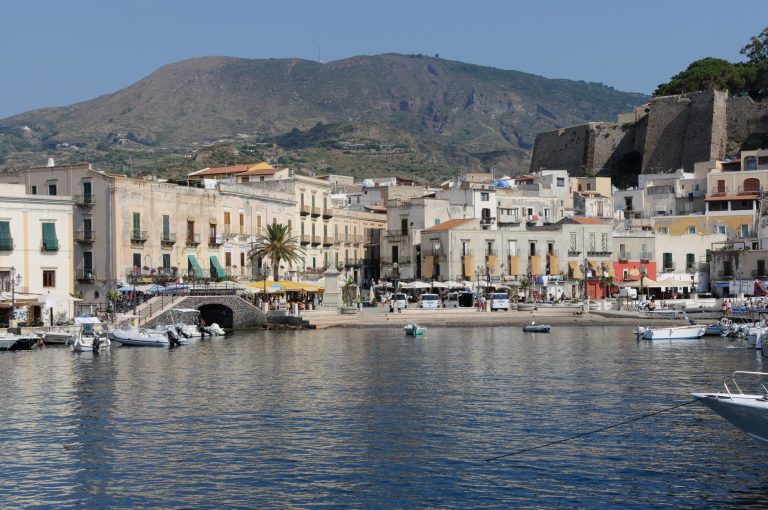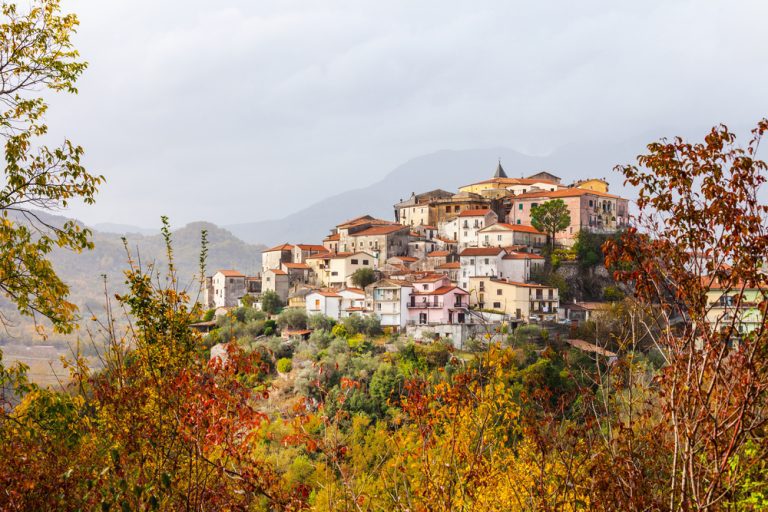Unveiling the Truth: Why Is Sicily So Dirty and How Can Tourists Help
Sicily, a gem of Italy, has somehow managed to gather a bit of dust – quite literally. Wondering why this beautiful island is infamous for its cleanliness issues? Well, I have dug deep and found some answers for you!
The dirtiness in Sicily is attributed to a mix of insufficient waste management, illegal dumping by the mafia, and, unfortunately, a lack of civic sense among some locals. Additionally, the government’s insufficient investment in infrastructure and services compounds the problem.
Buckle up, because we’re about to take a deep dive into the nitty-gritty of Sicily’s cleanliness issue, the efforts being made to combat it, and how you, dear traveler, can contribute to making a positive difference.
Digging Deeper Into The Dirt
Sicily, blessed with breathtaking landscapes, ancient history, and mouth-watering cuisine, has also earned a reputation for being, well, a bit dirty. Streets littered with trash, beaches scattered with debris, and illegal dumpsites are not uncommon sights. So, what gives?
- Inadequate Waste Management: Simply put, the waste management system in Sicily is not up to par. There are not enough disposal facilities, and the existing ones often lack proper maintenance. This results in an accumulation of waste in public areas.
- Mafia’s Illegal Dumping: The Mafia, specifically the ‘Ndrangheta and the Cosa Nostra, have been involved in the illegal dumping of toxic waste in Sicily. This not only pollutes the environment but also hinders the authorities’ ability to manage and dispose of waste properly.
- Lack of Civic Sense: Unfortunately, some Sicilians lack a sense of civic duty and casually discard trash on the streets, adding to the problem.
- Insufficient Government Investment: The government has not invested enough in the necessary infrastructure and services required for effective waste management. This includes not only waste disposal facilities but also public awareness campaigns to educate residents about the importance of proper waste disposal.
Together, these factors have resulted in the cleanliness issue that Sicily currently faces.
Is Sicily Considered Poor?
While Sicily is one of Italy’s less developed regions, with a high unemployment rate and a lower average income compared to the national average, this economic situation has contributed to the lack of investment in essential infrastructure and services, including waste management.
Places to Avoid in Sicily
Generally, Sicily is a safe destination for travelers. However, some neighborhoods in Palermo and Catania have higher crime rates and cleanliness issues, making it advisable to avoid them. Always do thorough research and consult locals or trusted sources before venturing into unfamiliar areas.
How Bad is Crime in Sicily?
While the Mafia’s influence has decreased in recent years, and crime rates are relatively low compared to other Italian regions, petty crimes like pickpocketing and scams are common in touristy areas.
Why Can’t You Drink Tap Water in Sicily?
The tap water in Sicily is generally safe to drink, but it may taste different due to its mineral content. However, many locals and travelers prefer to drink bottled water as a precaution. Personally, I always carry a reusable water bottle with me to stay hydrated and reduce plastic waste.
Why is Sicily Not Developed?
Sicily’s underdevelopment is due to various factors, including a history of corruption, organized crime, and insufficient investment in infrastructure and public services.
Visiting Sicily? Why Still Go?
Alright, let’s not throw the baby out with the bathwater. Despite its cleanliness woes, Sicily is still a bucket-list worthy destination. Here’s why:
- History and Culture: Sicily is a melting pot of cultures and histories. From ancient Greek temples to stunning Baroque architecture, it’s like stepping into a history book, but way more fun.
- Natural Beauty: Dramatic coastlines, active volcanoes, and charming countryside. Sicily’s diverse natural beauty is a feast for the eyes, and let’s face it, great for the ‘gram.
- Food and Wine: Ah, the cuisine! Sicilian food is the stuff of dreams. Pasta, seafood, wine, and let’s not forget about the desserts – cannoli, anyone?
- Warmth of the People: Despite the challenges they face, Sicilian people are incredibly warm and welcoming. A smile and a friendly ‘Ciao!’ goes a long way here.
How To Help As A Tourist?
Visiting Sicily does not mean you’re part of the problem. In fact, you can be part of the solution:
- Be Mindful: Practice sustainable travel. Carry a reusable water bottle, avoid single-use plastics, and dispose of your trash responsibly. Remember, “non sprecare” (don’t waste)!
- Support Local: Spend your euros at local businesses and eateries. It not only helps the local economy but is also a great way to immerse yourself in Sicilian culture.
- Spread the Word: Share your experiences and tips for sustainable travel in Sicily with fellow travelers, both online and offline.
- Lend a Hand: If you have some extra time, why not volunteer with a local organization working on environmental or social projects?
And there you have it. A trip to Sicily is still worth it, and with a little effort, you can contribute to making this beautiful island even better.
Italian Phrases Before We Wrap Up
Before we say “arrivederci” (goodbye) for now, let’s learn some practical Italian phrases that will not only come in handy during your trip but also help you engage in some banter with the locals:
- “Dove posso trovare un bidone della spazzatura?” (Where can I find a trash bin?) Usage: When you want to dispose of your trash responsibly.
- “Posso avere una bottiglia d’acqua, per favore?” (Can I have a bottle of water, please?) Usage: When you’re feeling parched after exploring the beautiful Sicilian sights.
- “Dove si trova la stazione degli autobus?” (Where is the bus station?) Usage: When you’re ready to hop on a bus and explore the next destination.
- “Come posso aiutare a mantenere pulito questo posto?” (How can I help to keep this place clean?) Usage: When you want to show that you care about the environment.
- “C’è un’organizzazione locale con cui posso fare volontariato?” (Is there a local organization I can volunteer with?) Usage: When you’re looking to lend a hand during your stay.
- “Dove posso comprare prodotti locali?” (Where can I buy local products?) Usage: When you want to support the local economy.
- “Quali sono le spiagge più pulite?” (What are the cleanest beaches?) Usage: When you’re planning a day at the beach and want to choose the cleanest option.
- “Dove posso segnalare il conferimento illegale di rifiuti?” (Where can I report illegal dumping of waste?) Usage: When you witness illegal dumping and want to report it.
- “Qual è il modo più sostenibile per viaggiare sull’isola?” (What is the most sustainable way to travel around the island?) Usage: When you’re planning your travels and want to choose the most eco-friendly option.
- “Come posso ridurre il mio impatto ambientale durante la mia visita?” (How can I reduce my environmental impact during my visit?) Usage: When you’re looking for tips to travel more sustainably.
- “C’è un programma di riciclaggio qui?” (Is there a recycling program here?) Usage: When you want to dispose of your recyclables responsibly.
- “Dove posso trovare cibo biologico?” (Where can I find organic food?) Usage: When you’re looking for healthier and more environmentally friendly food options.
- “Quali sono le principali sfide ambientali qui?” (What are the main environmental challenges here?) Usage: When you’re curious about the local environmental issues.
- “Quali sono le migliori pratiche per un turismo responsabile in Sicilia?” (What are the best practices for responsible tourism in Sicily?) Usage: When you want to be a responsible tourist.
- “Posso avere una busta riutilizzabile, per favore?” (Can I have a reusable bag, please?) Usage: When shopping and you want to avoid single-use plastic bags.
And remember, a friendly “Ciao” (Hello) and a heartfelt “Grazie” (Thank You) go a long way!
Further Reading: Get more useful information on Sicily!
CONCLUSION
While Sicily faces challenges related to cleanliness and waste management, efforts are being made to address these issues. As travelers, we can contribute by practicing sustainable travel and being respectful of the environment and local communities. After all, every small effort counts towards preserving the natural beauty of this incredible island for future generations.
I encourage you to join our Facebook group at www.facebook.com/groups/italyplanyourjourney/ to share your experiences, ask questions, and connect with fellow travelers who share your passion for Italy!
Ciao e buon viaggio! (Goodbye and have a good trip!)

